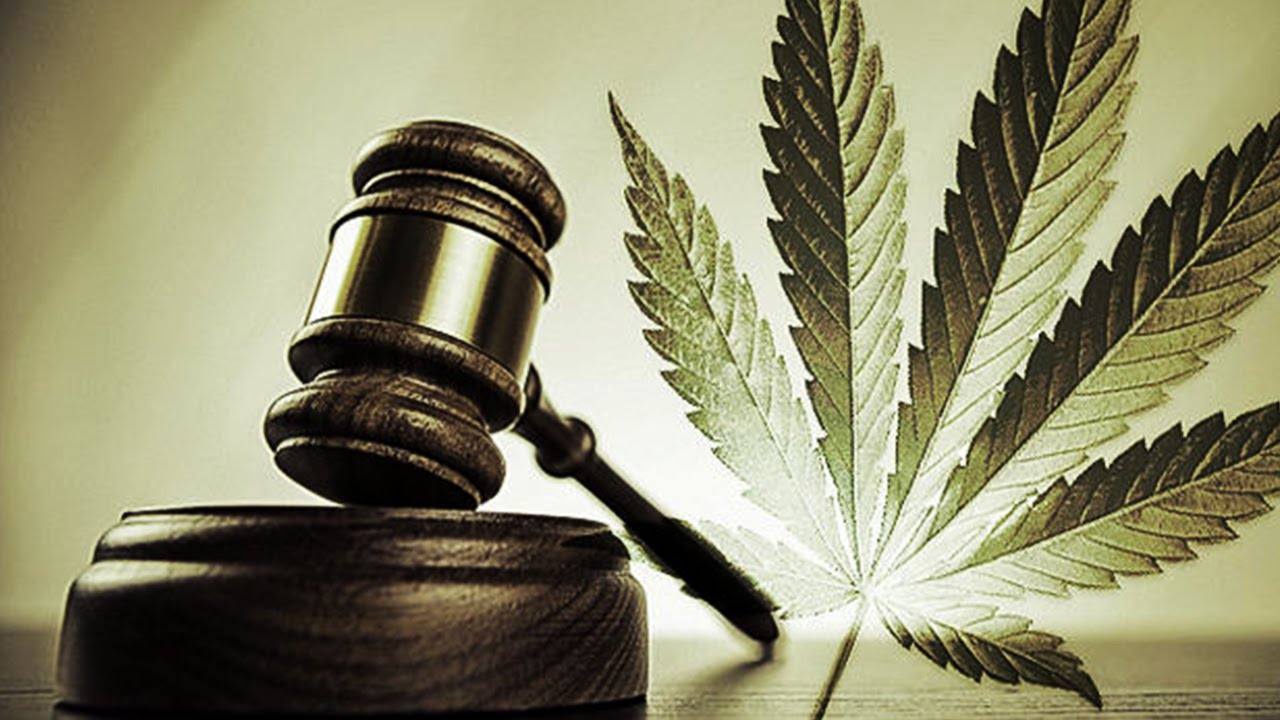Washington, Nov. 9 – Nine states voted on whether or not to legalize marijuana yesterday. Citizens in Florida, Montana, North Dakota and Arkansas voted on the use of marijuana for medical conditions, and these measures passed in all four of the states where it was on the ballot.
Voters in California, Nevada, Arizona, Massachusetts and Maine cast their ballots for whether those 21-years-old and older should be allowed to use marijuana recreationally. California, Massachusetts and Nevada voters approved marijuana for recreational use, while Arizona’s proposed measure was unsuccessful. Maine’s decision is still pending, though at the moment it appears that it may pass.
There are now 28 states that allow marijuana for medical use, though several others have legalized medical marijuana in limited instances. If Maine’s proposed recreational marijuana measure passes, there will be seven states, along with the District of Columbia, that allow recreational marijuana use for adults 21 and older.
Throughout this election season, candidates from both sides of the aisle have approved medical marijuana use. President Elect Donald Trump has openly declared his support for medical marijuana legalization and states’ rights to vote on the issue. Both Hillary Clinton and Bernie Sanders openly advocated for greater access to marijuana for medical and research purposes, while in the Republican presidential primary season, Gov. Jeb Bush, Gov. Chris Christie and Sen. Rand Paul all stated their support for medical marijuana legalization.
Advocates for medical marijuana legalization, such as Maria La France of Iowans for Medical Cannabis, want people to understand that medical marijuana use and recreational marijuana use should not be confused.
“There is a clear distinction between medicinal use of cannabis and recreational marijuana, and a great disservice is done when the two issues are confused,” La France said.
Medical marijuana is normally prescribed as an alternative to opiate pain relievers but it also is used to aid in the treatment of epilepsy, multiple sclerosis, Crohn’s disease, HIV, cancer and more.
However, medical marijuana, like recreational marijuana, does have side effects. The National Institute on Drug Abuse notes that smoking marijuana, which is one of the most common forms of taking the drug, can cause respiratory illness and increase the chance of pneumonia.
Others argue that marijuana, even when used for medical purposes, is a “gateway drug” that leads to the user trying more dangerous and illegal drugs.
“The legalization of marijuana increases availability of the drug and acceptability of its use,” said Robert L. DuPont, the president of the Institute for Behavior and Health. “This is bad for public health and safety not only because marijuana use increases the risk of heroin use.”
A 2015 Harris Poll shows four in five American adults (81 percent) favor legalizing cannabis for medical use.
According to the American Epilepsy Society (AES), three million Americans live with epilepsy. One-third of these people have ongoing treatment-resistant seizures. AES has called for more research to be done and for the federal government to changed its classification in order for this to happen. “Current restrictions on the use of medical marijuana for research continue to stand in the way of scientifically rigorous research into the development of cannabinoid-based treatments,” AES Position on Medical Marijuana statement reads.

Be First to Comment